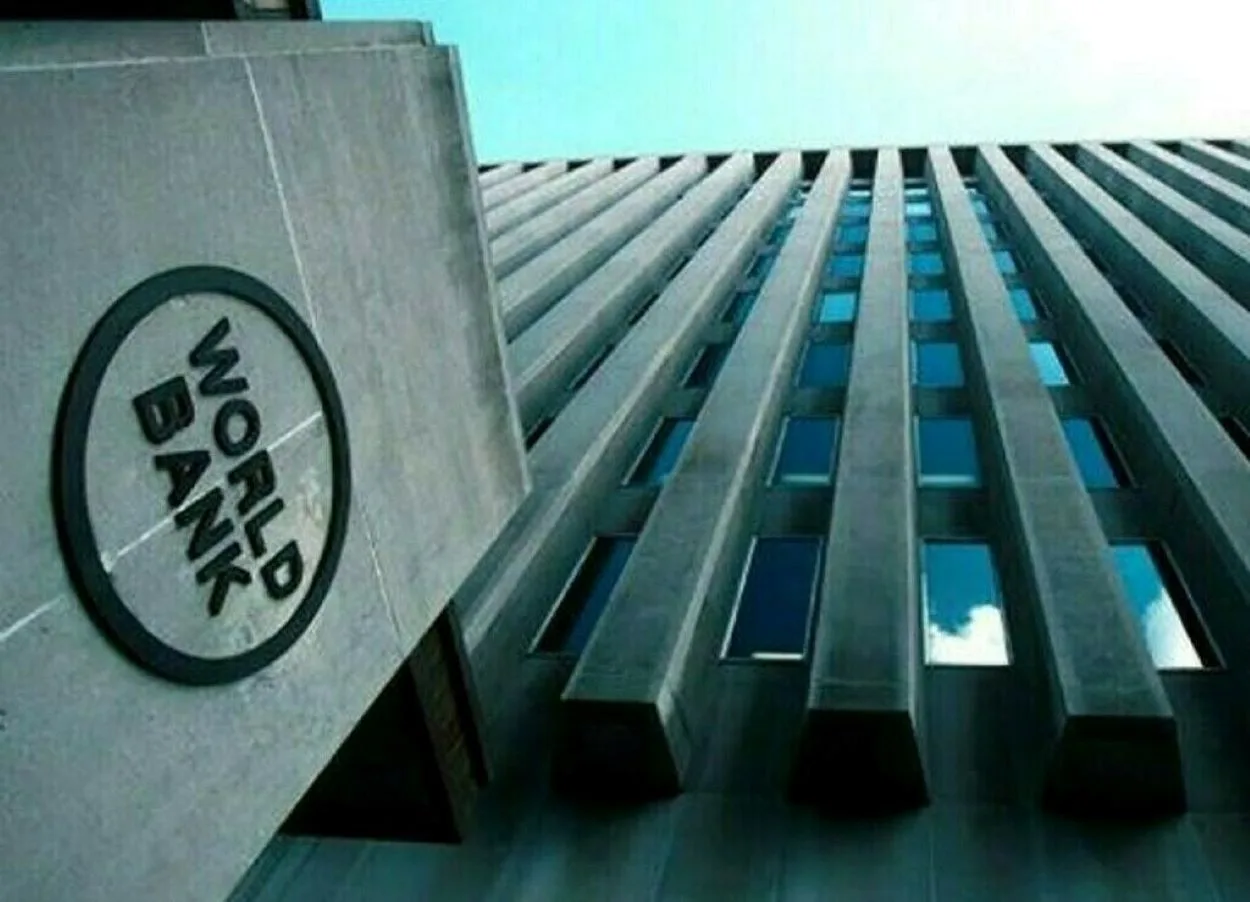The World Bank has approved a $47.9 million grant, funded by the Global Partnership for Education, to enhance primary and pre-primary education in Punjab, Pakistan. This initiative focuses on increasing participation among both girls and boys. Its goals are to improve learning outcomes, re-enrol out-of-school children, and strengthen the resilience of the education system to climate challenges.
The “Getting Results: Access and Delivery of Quality Education Services and System Transformation in Punjab” project aims to expand early childhood education, assist 80,000 out-of-school children, and enhance the training of over 100,000 educators, per the World Bank. This initiative is expected to benefit 4 million students, including 850,000 enrolled in non-formal schools and 140,000 children with disabilities. The project is in line with Punjab’s reform agenda to improve governance and accountability, as reported by Dawn.
The grant aims to address learning poverty, as 78% of children in Punjab are unable to read by the age of 10, according to UNESCO data. Bolormaa Amgaabazar, the World Bank Country Director, stated, “This project supports long-term human capital development and economic growth.” The initiative will enhance coordination among schools, empower communities, and tackle climate-related challenges, such as the recent floods that affected 29 schools.
The project supports Pakistan’s economic recovery, including a $7 billion IMF bailout, and addresses the 40% provincial poverty rate, per a recent think tank report. With 65% of Punjab’s population under 30, per PBS data, education reform is critical for job creation and resilience.






